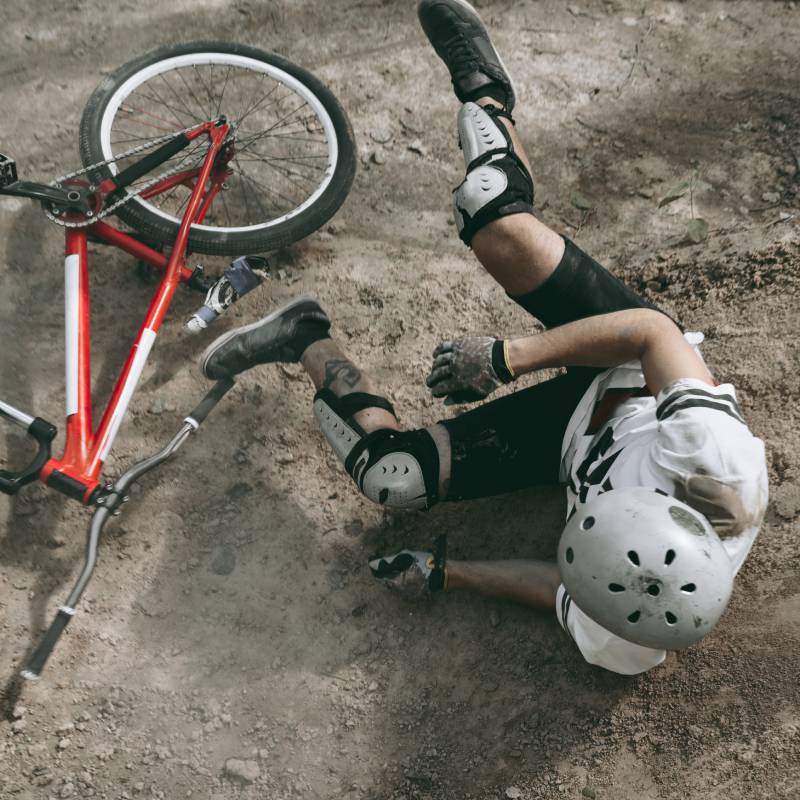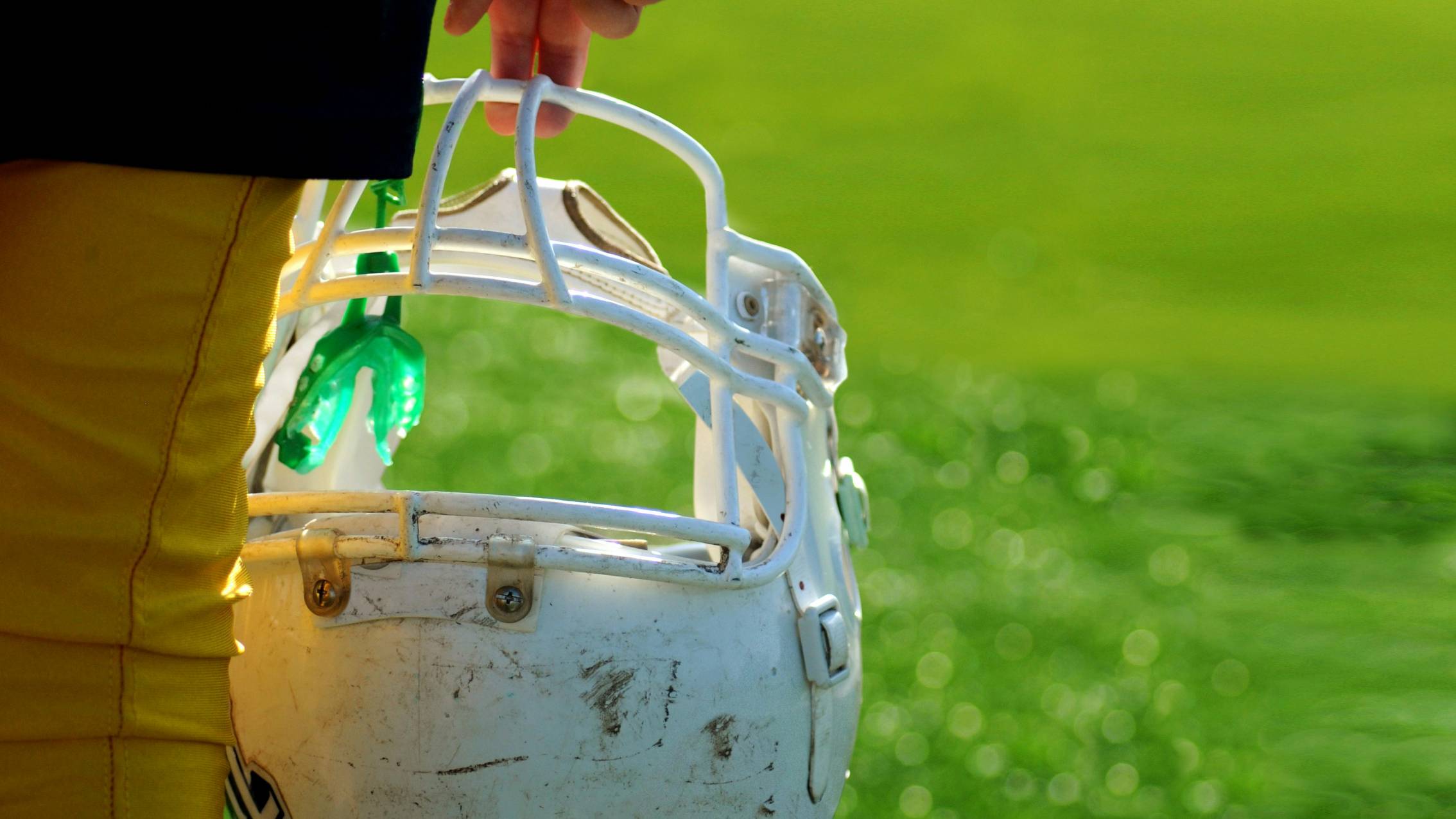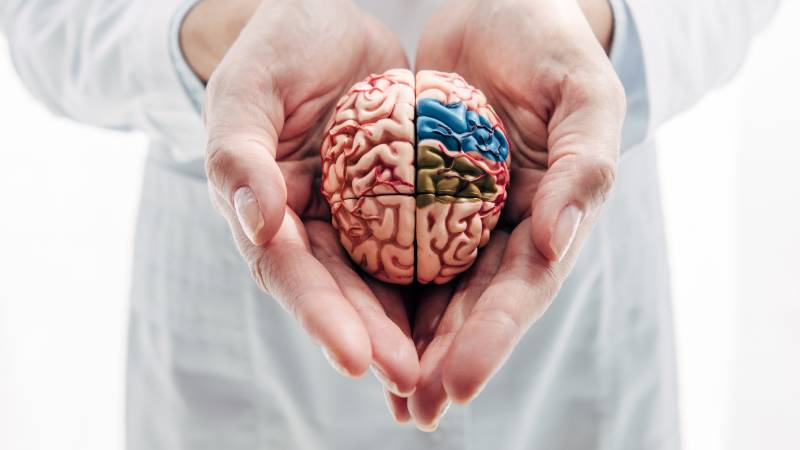Concussion: Symptoms to watch out for in the field

Concussions – minor brain injuries caused by a blow to the head – are a major public health problem in the field of sport. Although generally not fatal, undiagnosed or inadequately treated concussions can lead to serious long-term complications, such as permanent neurological disorders, learning problems and even death. Early and accurate recognition of symptoms in the field is therefore crucial for effective intervention and optimal recovery.
Understanding the Mechanisms of Concussion Symptoms
The sudden impact of a blow to the head can abruptly displace the brain in the skull, causing damage to nerve cells and blood vessels. This damage disrupts normal brain function, causing a variety of symptoms [1]. The severity of symptoms depends on the force of the impact, the area of the brain affected and the athlete’s individual vulnerability.
Physical symptoms of concussion
- Loss of consciousness or dizziness:
- Even a brief loss of consciousness is a clear sign of concussion.
- Persistent dizziness or an “empty” head sensation may also be present [2].
- The athlete may appear disoriented, have difficulty standing or walking, and show a loss of coordination.
- It’s important to note that not all concussed athletes lose consciousness.
- Balance disorders:
- Dizziness, a feeling of instability or difficulty walking in a straight line may indicate concussion.
- The athlete may feel as if he or she is “spinning” or “falling”, and may have difficulty concentrating on tasks requiring good balance.
- Balance problems can also manifest themselves as a feeling of heaviness in the legs or difficulty climbing stairs.
- Headache:
- A headache is a common symptom of concussion. Pain may be localized (in a specific area of the head) or diffuse (felt throughout the head).
- Pain intensity can vary from mild discomfort to intense, intolerable pain.
- Headaches can be aggravated by physical activity, bright light or noise.
- Nausea or vomiting:
- Digestive disorders such as nausea and vomiting can occur after a concussion.
- These symptoms may appear suddenly and without warning, and may last for several hours.
- Nausea may also be accompanied by loss of appetite and a general feeling of malaise.
- Fatigue:
- A feeling of weariness or extreme exhaustion is common in concussed athletes.
- Fatigue can be both physical and mental, and can make it difficult to concentrate, motivate and carry out daily tasks.
- The athlete may need to sleep more than usual, but even prolonged sleep may not allow him or her to feel completely rested.
- Sleep disorders:
- Insomnia, nightmares or disturbed sleep can be signs of concussion.
- The athlete may have trouble falling asleep, wake up frequently during the night or feel unrested in the morning.
- Sleep disorders can also manifest themselves as excessive daytime sleepiness and difficulty concentrating.
Sensory symptoms of Concussion
- Ringing in the ears (tinnitus), blurred vision or increased sensitivity to touch may occur after a concussion.
- These symptoms may be temporary or persistent, and may worsen in noisy or bright environments.
- Sensitivity to touch may manifest itself as a sensation of irritation or tingling on the skin, or intolerance to physical contact.
Cognitive and Emotional Symptoms of Concussion
- Confusion or disorientation:
- A concussed athlete may have difficulty concentrating, remembering recent events or following instructions.
- He may also appear disoriented or lost in his surroundings, and have difficulty recalling the events leading up to the blow to the head or the moments following it.
- Confusion and disorientation may be subtle or severe, and may improve or worsen over time.
- Memory loss:
- Short-term memory problems are common after a concussion. The athlete may have difficulty recalling newly learned information, complex instructions or recent conversations.
- Memory loss can also manifest itself in difficulty recalling game strategies, formations or technical instructions.
- It’s important to note that memory loss after concussion is usually temporary and should improve with rest and recovery.
- Difficulty concentrating:
- Concentration, memory and learning difficulties may be observed in concussed athletes.
- The athlete may find it difficult to concentrate on a task for an extended period, become easily distracted and make more of the usual mistakes.
- These difficulties can affect the athlete’s academic or professional performance, as well as his or her sporting achievements.
- Mood swings:
- Irritability, sadness, anxiety or outbursts of anger can occur after a concussion.
- These mood changes may be due to chemical disturbances in the brain caused by the concussion.
- The athlete may also feel frustrated by his or her cognitive and physical limitations after the injury.
What to do with all this information?
Recognizing concussion symptoms on the field is a vital skill in ensuring the safety and well-being of athletes. the potential of a concussion should never be minimized, and it’s always best to take a cautious approach. If there is any doubt about an athlete’s condition after a blow to the head, it is imperative to remove them from play immediately and follow established concussion management protocols. By prioritizing athlete safety and fostering a culture of awareness and prevention, we can create safer sporting environments and promote a healthy return to competition for concussed athletes.
Please note that we are not medical professionals and that it is important to consult a physician if you suspect a concussion. The doctor’s recommendations take precedence over the advice presented in this article.
Sources :
[1] Gouvernement du Canada. (2021).Commotions cérébrales : Symptômes et traitement . Consulté à l’URL suivante: https://www.canada.ca/fr/sante-publique/services/maladies/commotions-cerebrales-signes-symptomes.html
[2] L’Hôpital d’Ottawa. Reconnaître les symptômes d’une commotion cérébrale. Consulté à l’URL suivante: https://www.ottawahospital.on.ca/fr/avenir-en-sante/reconnaitre-les-symptomes-dune-commotion-cerebrale/
Don't miss our new ultimate guide to concussion in sport!
Karl Demers

On the same subject
Explores the different phases of concussion management, from the initial recognition of symptoms on the field to post-traumatic rehabilitation.
Although often underestimated as a silent epidemic, concussions are one of the most common injuries in the world of sport.
Although concussions are generally not fatal, they can lead to serious, long-term symptoms if not treated properly.


